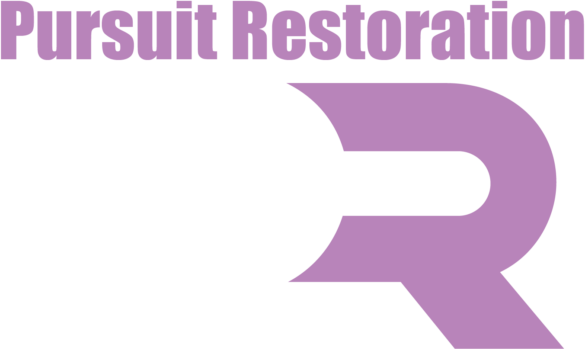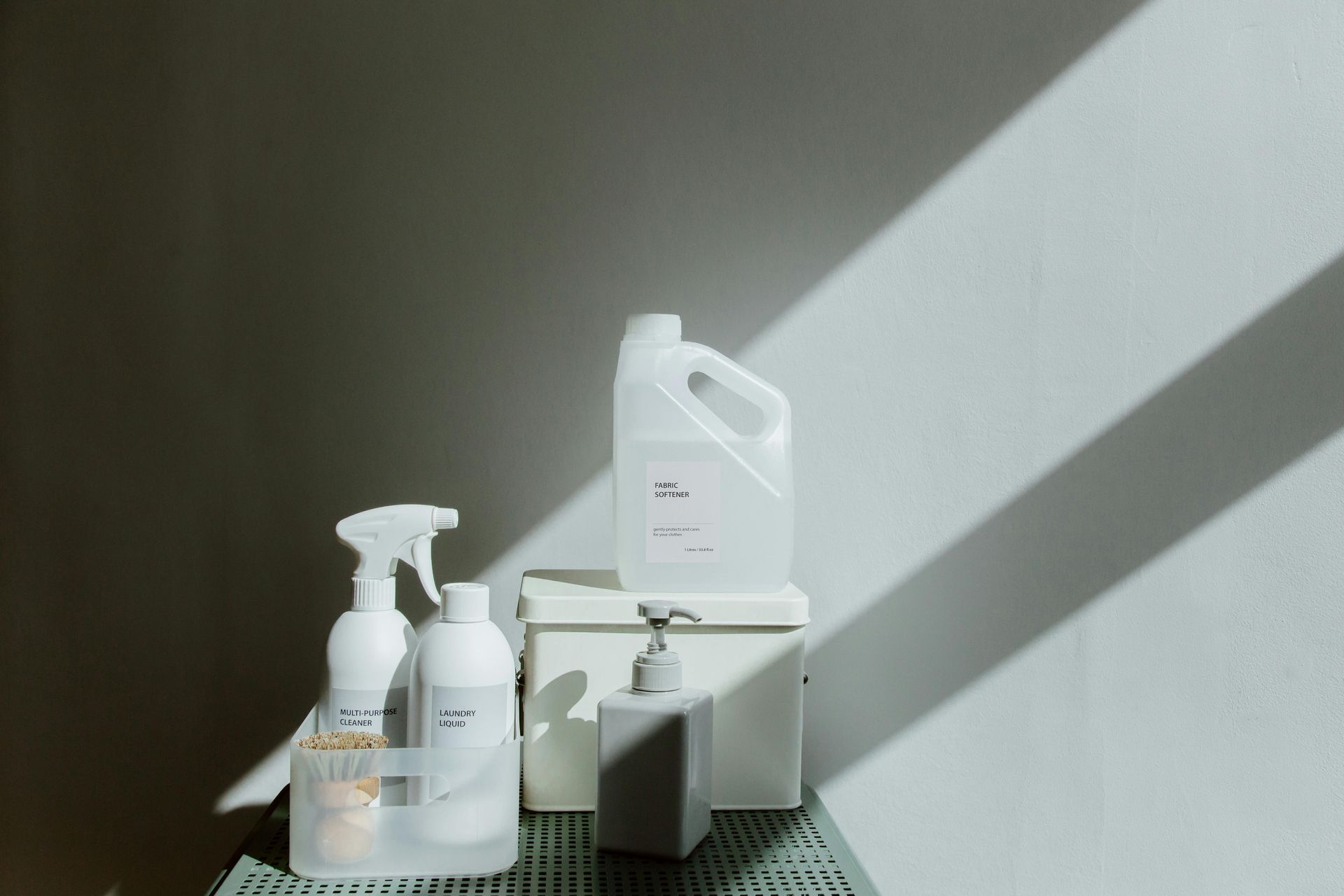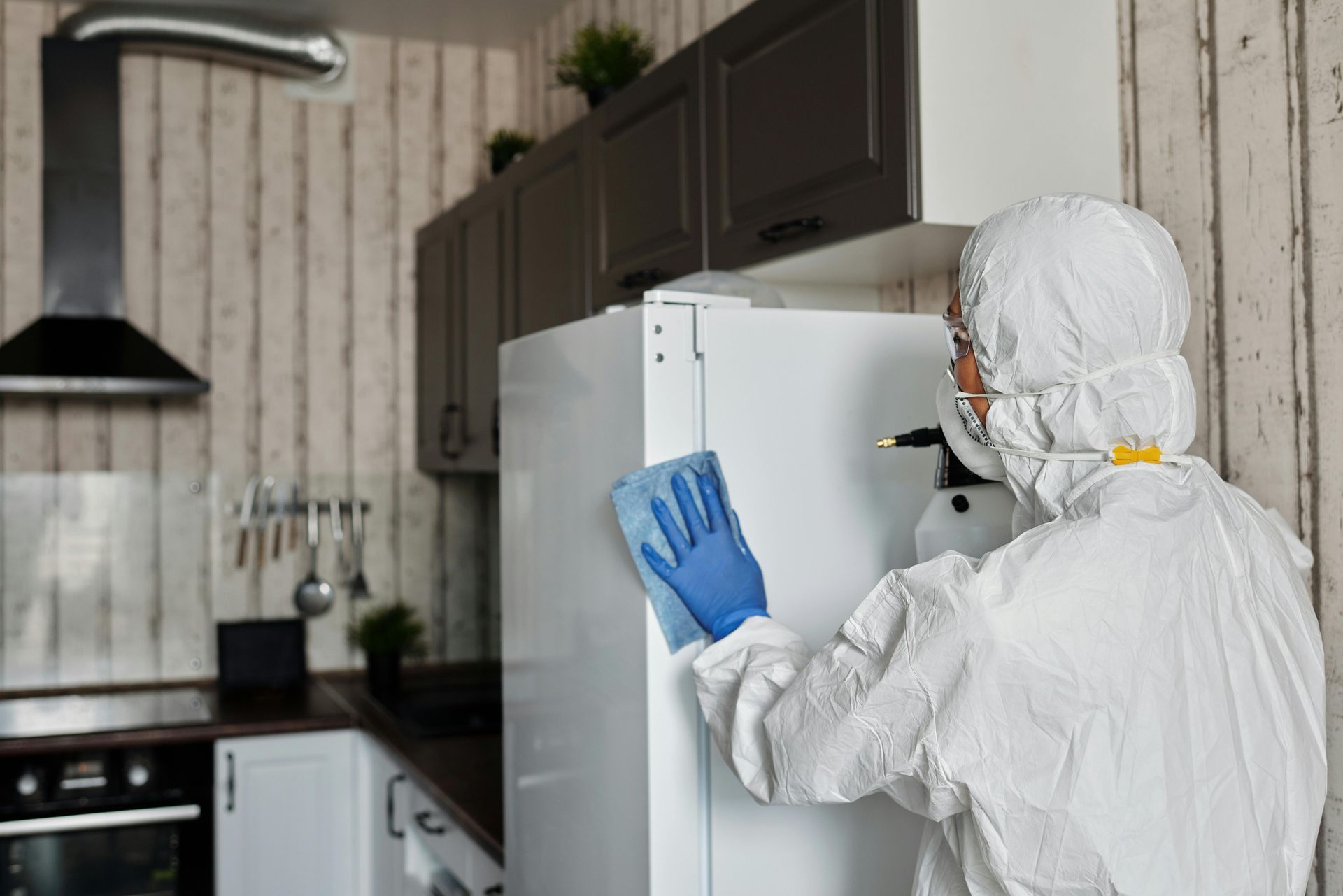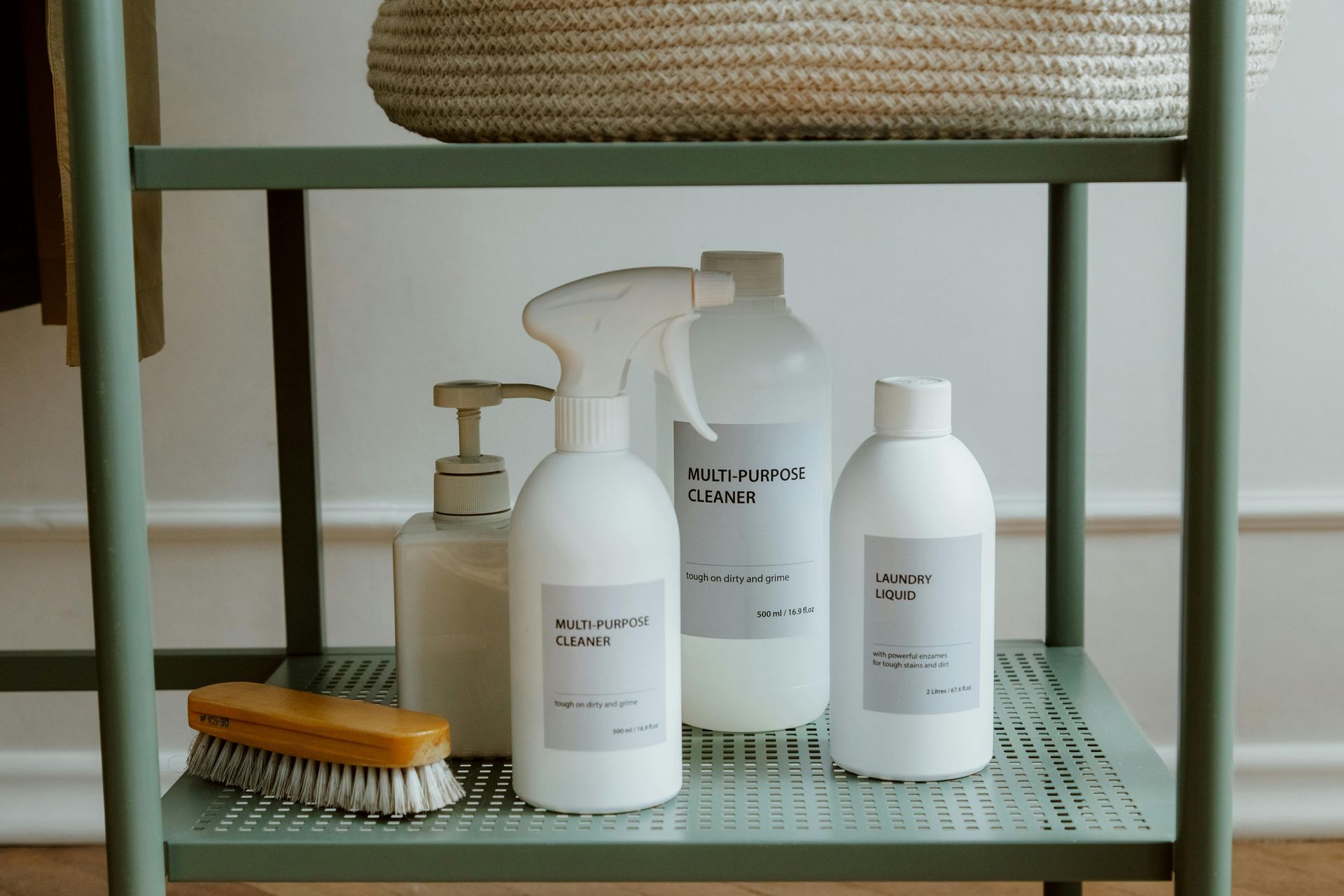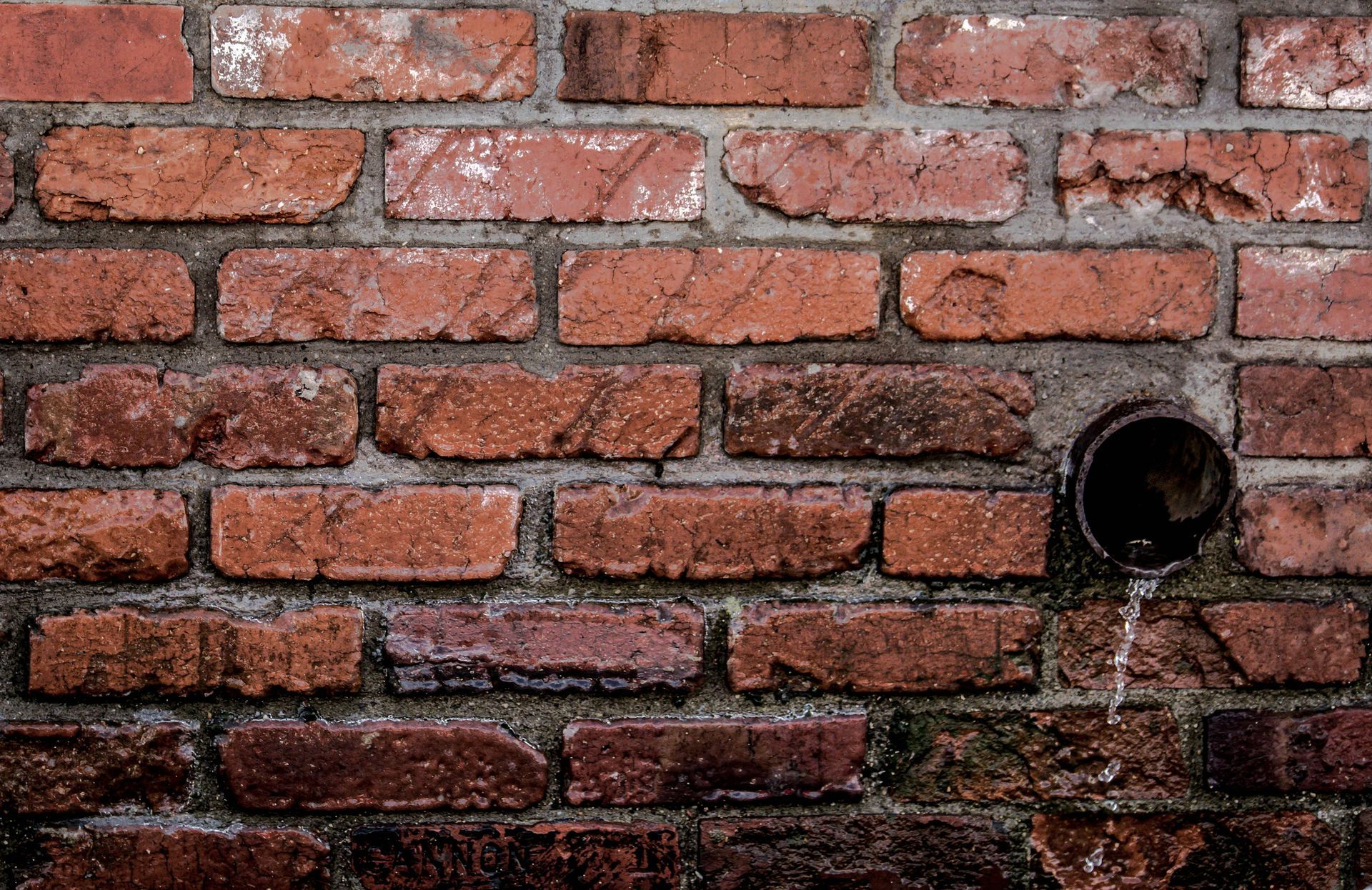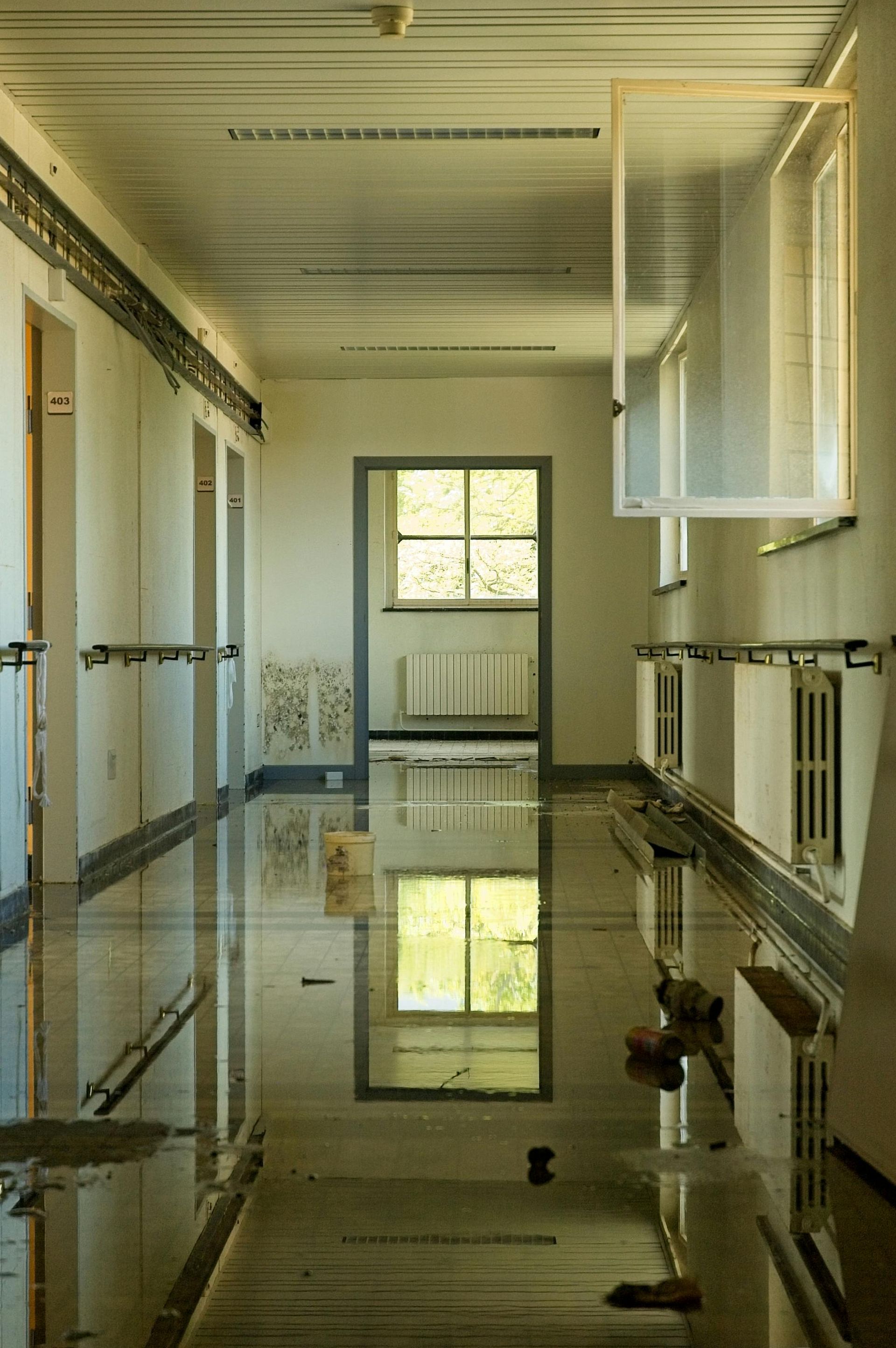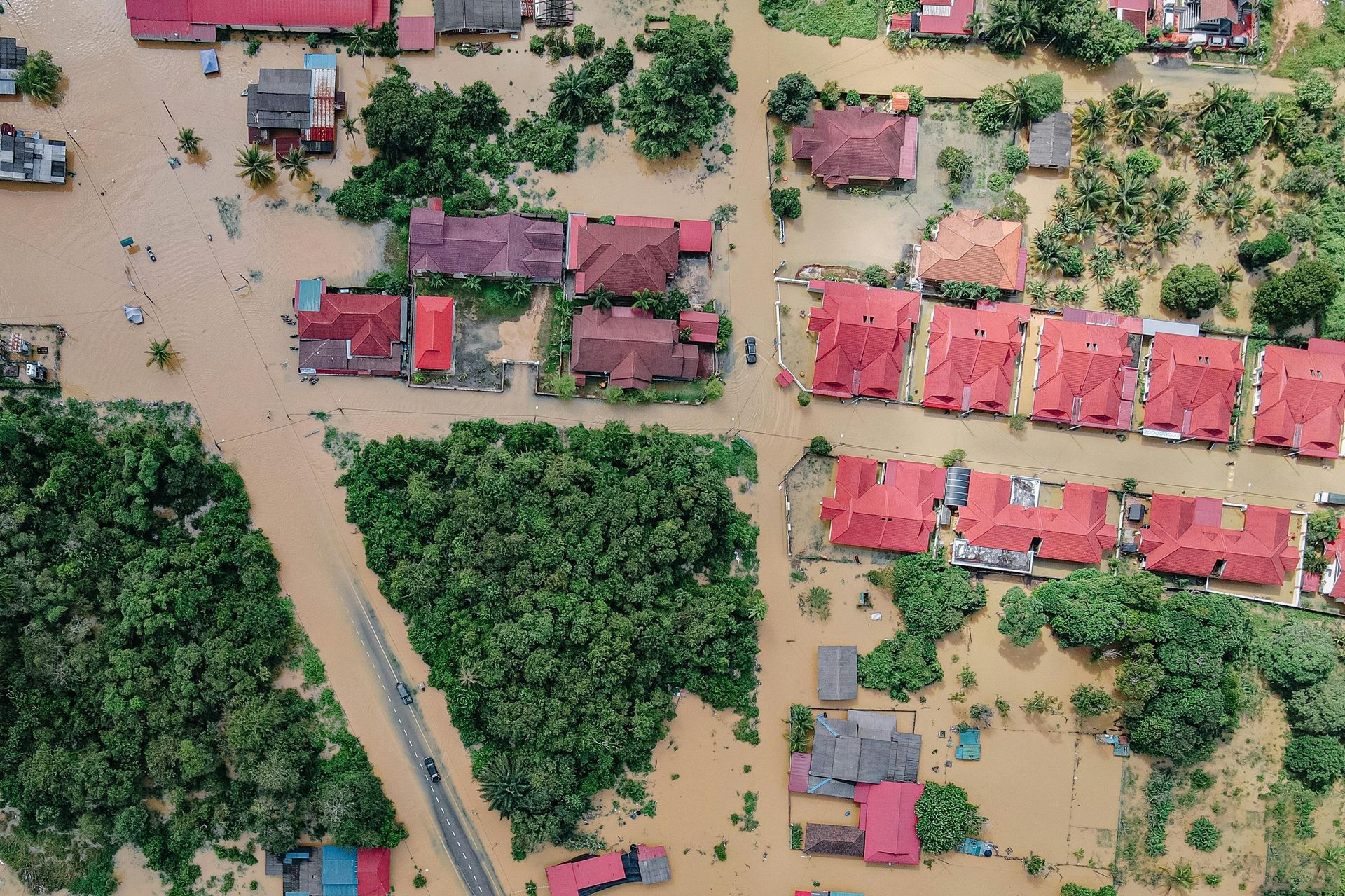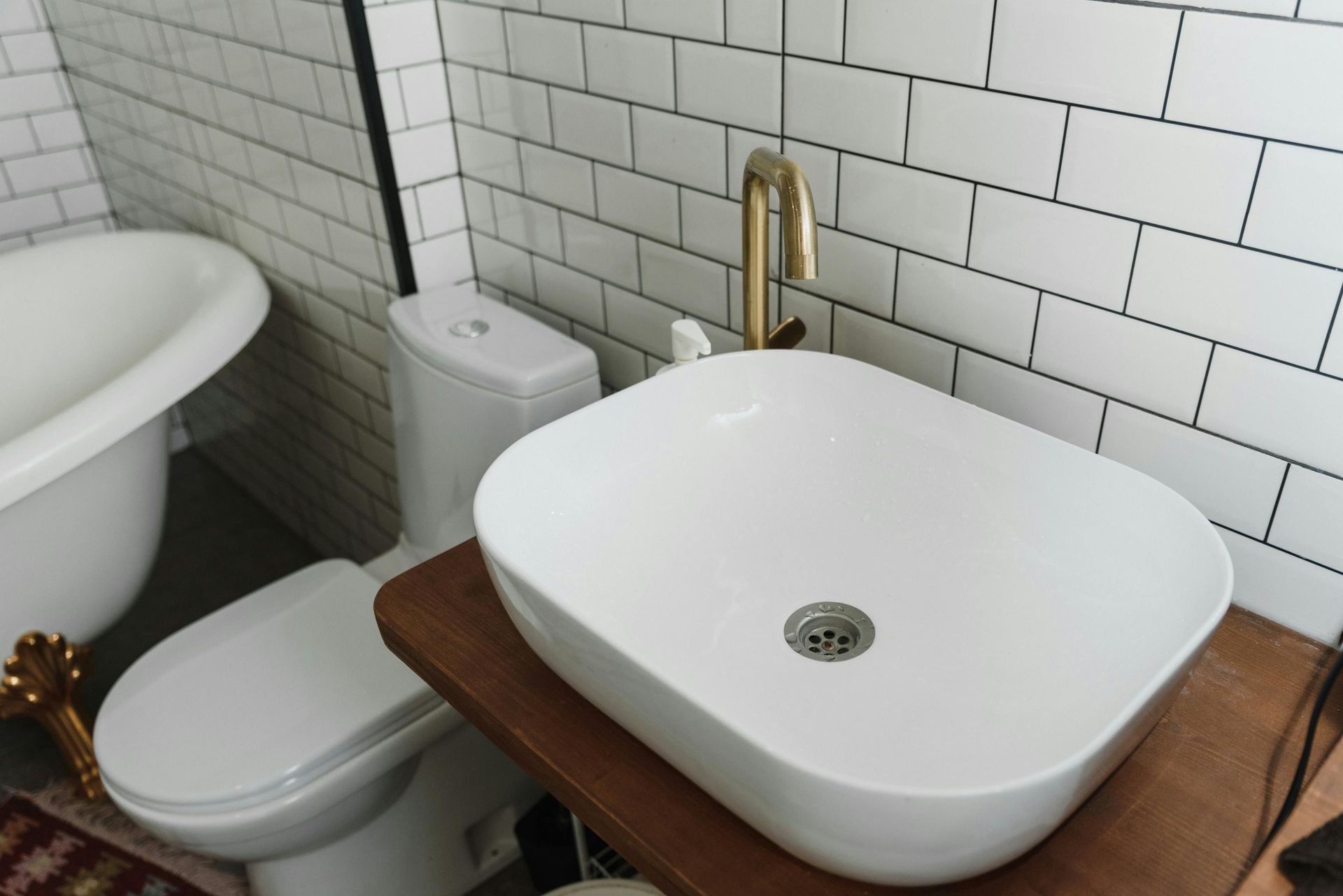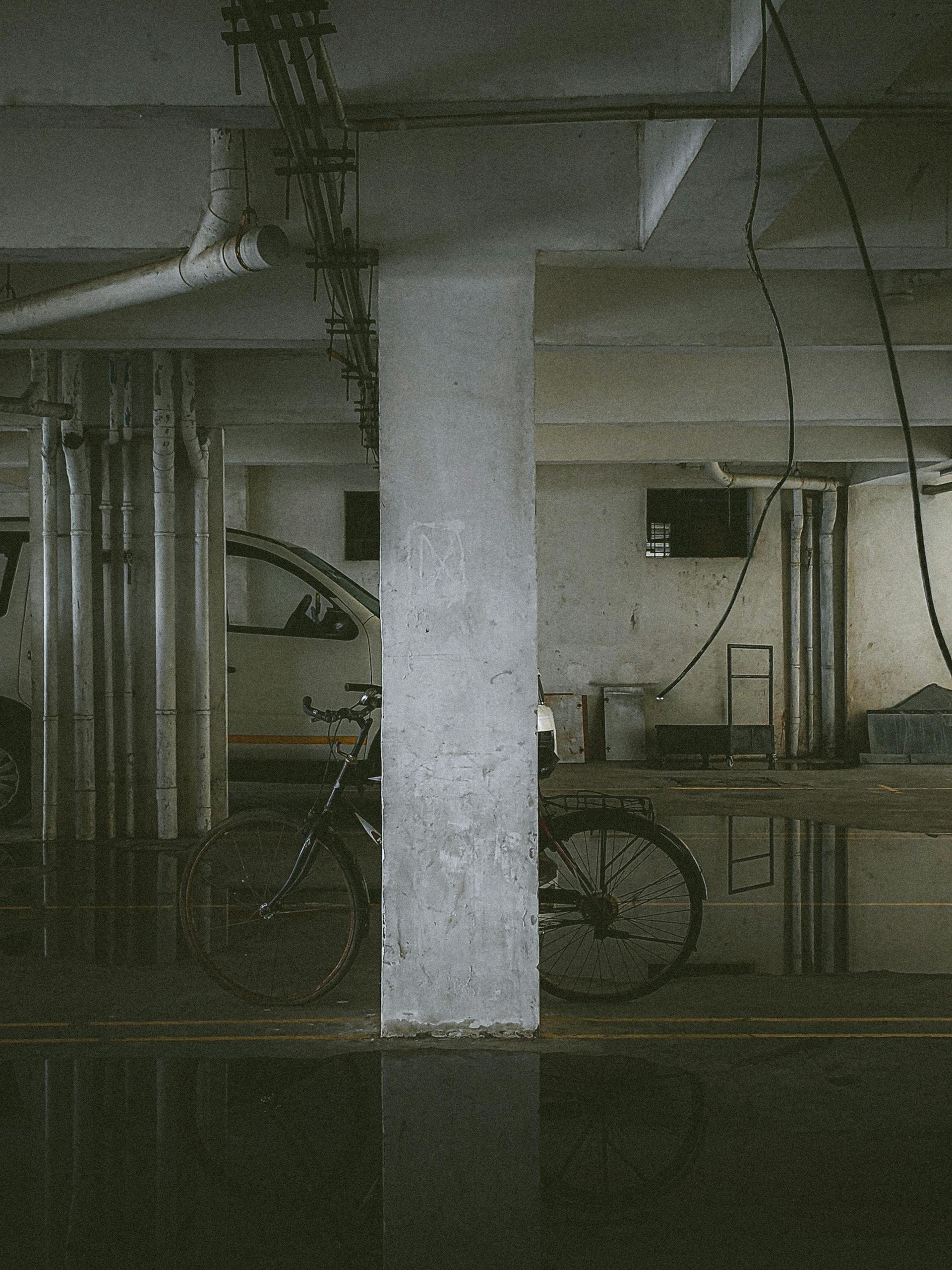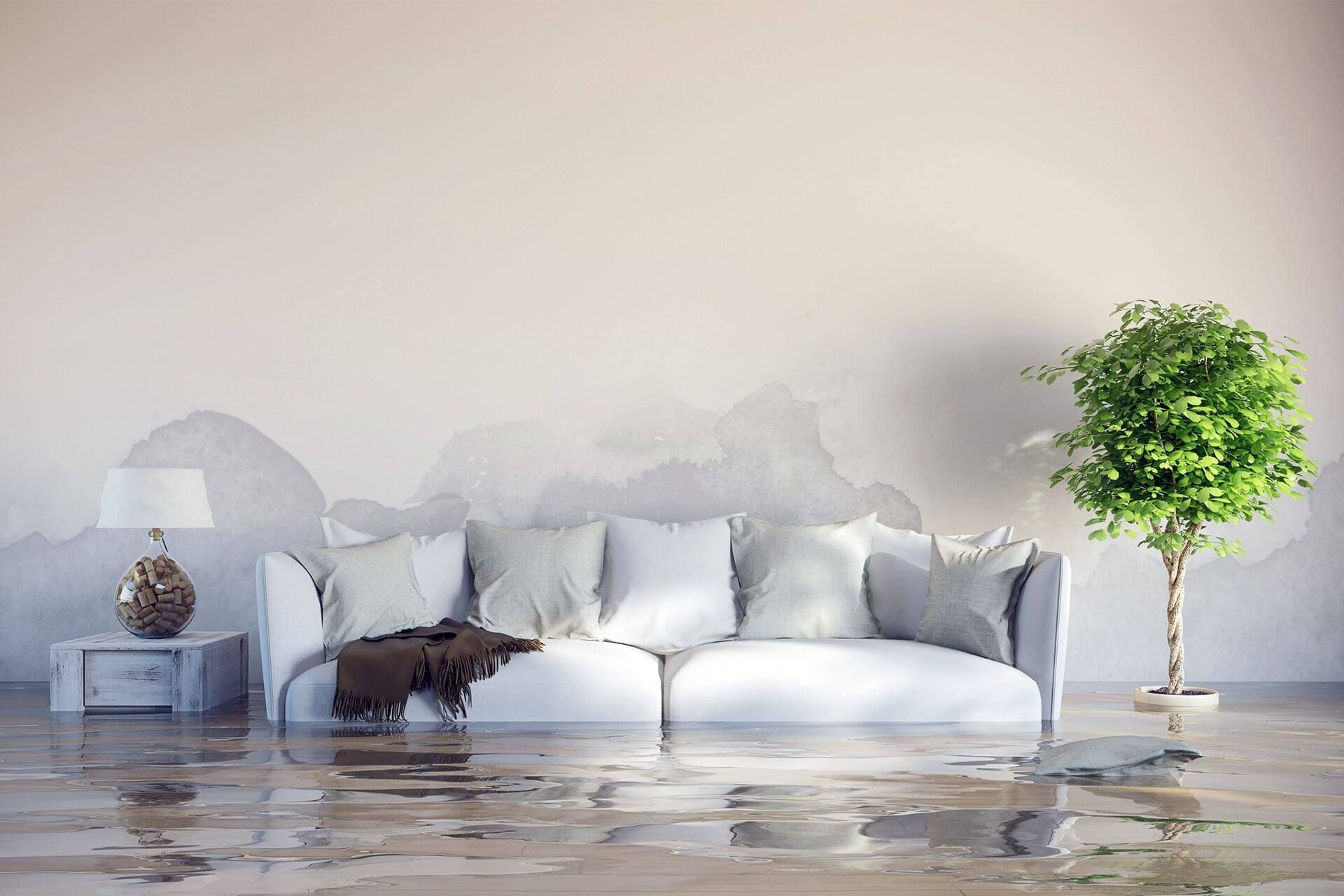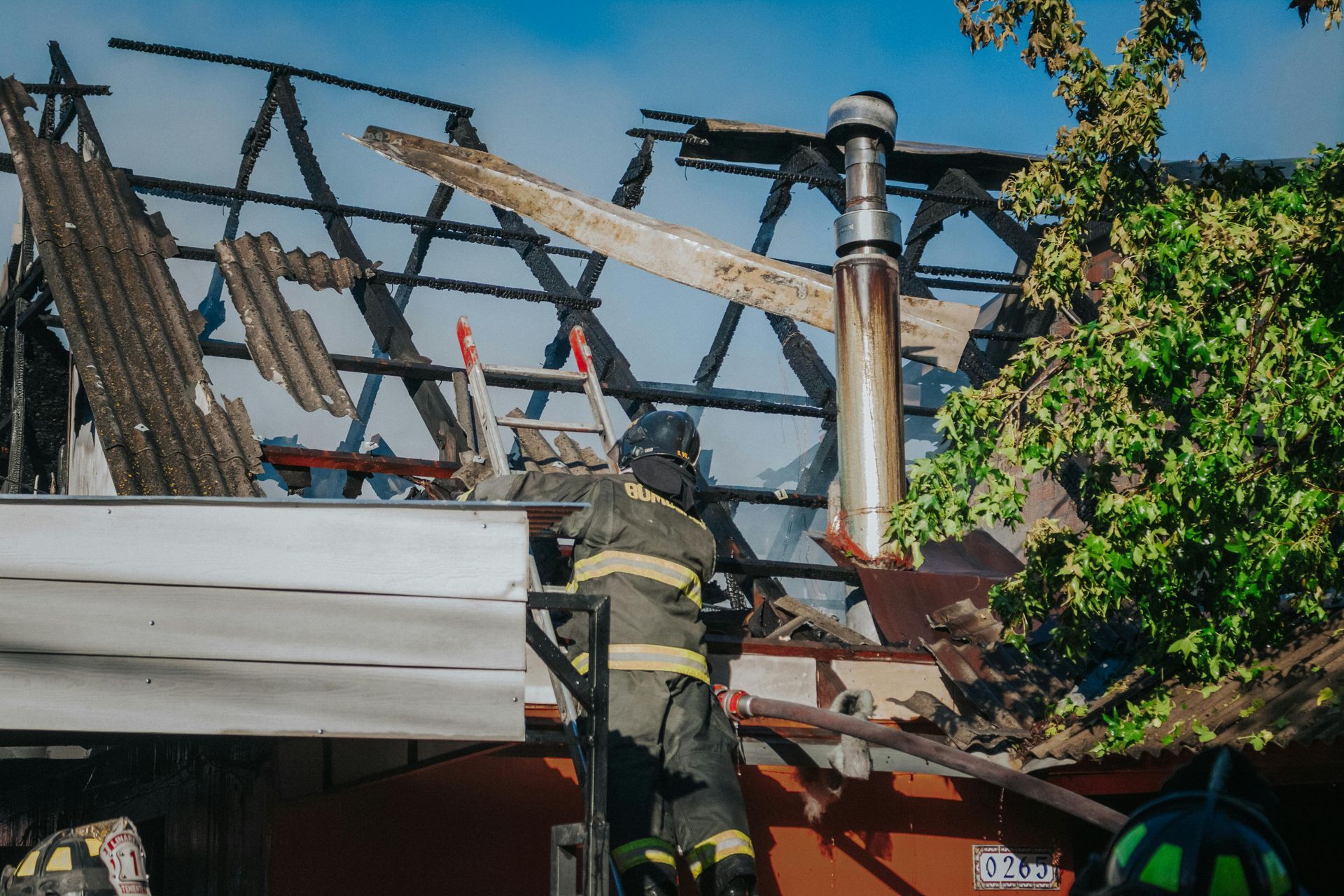How to Treat Sewage Water at Home: Practical Approaches for Safety and Sanitation
Untreated sewage water is a serious health risk, filled with bacteria, viruses, and chemicals that can contaminate your soil and water supply. If not handled properly, it can trigger illnesses, bad odors, and even damage your property. Many homeowners wonder if it's possible to treat sewage water at home safely—and the answer is yes, but it requires the right methods and precautions.
This guide explains how you can treat sewage water on-site using safe and practical approaches. From simple natural systems like reed beds to more advanced home treatment units, you’ll learn what works, what to avoid, and how to protect your home and environment. If you live in Boise or nearby areas, these strategies can help you maintain sanitation and compliance while reducing risks to your health.
Key Takeaways
- Treating sewage water at home is possible but needs care to avoid health risks and protect the environment.
- You can use natural methods like reed beds or simple DIY setups like biodigesters to handle sewage safely.
- More advanced systems use bacteria and oxygen to clean water better and meet stricter rules.
- For smaller water needs, tricks like boiling and solar disinfection can make water safer to reuse.
- Always be careful with sewage and call professionals if you notice problems or need big repairs.
Key Considerations When Treating Sewage Water at Home
Treating sewage water at home involves more than just filtering out visible waste. Sewage contains a mix of harmful pathogens like bacteria, viruses, and parasites, along with chemical contaminants from household products and industrial sources. These pose serious health risks if not fully treated, including infections and long-term environmental damage.
Proper treatment is critical to ensure the safety of your household and the surrounding community. It helps prevent contamination of drinking water and soil, controls odors, and avoids costly repairs due to system failure. In Boise, where groundwater protection is important, correctly managing sewage water is essential to comply with local health and environmental regulations.
Here are some key considerations when treating sewage water:
- Sewage contains harmful pathogens and chemicals
- Untreated sewage risks infections and environmental damage
- Proper treatment protects household health and soil quality
- Local regulations in Boise require safe sewage management
- Choosing a treatment method depends on wastewater volume and space
- Understanding treatment complexity ensures effective sanitation
These points are essential to keeping your home and community safe while treating sewage water effectively.
Natural and DIY Methods for Sewage Water Treatment
When treating sewage water at home, natural and DIY methods offer eco-friendly, budget-friendly ways to reduce contaminants. These systems rely on biological and mechanical processes to filter and break down waste before it returns to the environment.
Natural treatment methods
Natural sewage treatment uses plants and microbes to clean water in a low-energy, sustainable way. Here are some common options:
- Constructed wetlands or reed beds use gravel and water plants to filter sewage. The plants’ roots support bacteria that break down harmful substances.
- These systems mimic natural wetlands to remove solids and pathogens gently.
- They require space but little maintenance and are good for properties with land around them.
DIY treatment methods
DIY systems focus on basic mechanical separation and biological digestion you can set up and maintain with household tools:
- Simple biodigesters or septic tanks separate solids and allow bacteria to begin breaking down waste.
- Grease traps capture oils and fats before they enter the main system, reducing clogging.
- Sedimentation tanks let solids settle at the bottom, clearing the water to a degree.
- These setups require some mechanical knowledge and regular upkeep but can be done on a smaller scale.
Comparing natural and DIY methods
Both natural and DIY sewage treatment methods have unique benefits and challenges. The table below compares them across key features like process, space, maintenance, and effectiveness to help you decide which approach fits your home’s needs and resources.
| Feature | Natural Treatment (Wetlands/Reed Beds) | DIY Treatment (Biodigesters, Grease Traps) |
|---|---|---|
| Process | Uses plants and bacteria for biological filtration | Mechanical and biological waste separation |
| Energy requirement | Low, mostly passive | Moderate, may need manual or powered operation |
| Space needed | Requires significant outdoor space | Smaller footprint, often underground or compact |
| Maintenance | Low to moderate, mainly plant care | Moderate, requires regular cleaning and monitoring |
| Complexity | Simple ecological system | Requires basic plumbing and waste management skills |
| Effectiveness | Good for reducing pathogens and solids | Good initial separation, but less comprehensive |
Using these natural and DIY methods can be a good start for managing sewage water at home, especially in areas like Boise where sustainable practices are valued. These approaches play a key role in reducing contaminants before moving to more advanced treatment steps.
Advanced Home Sewage Treatment Systems
For homeowners seeking a more thorough solution, advanced home sewage treatment plants (HSTPs) offer effective treatment by combining biological and mechanical processes. These systems rely on aerobic and anaerobic bacterial activity to break down waste safely and efficiently.
HSTPs typically include primary and secondary treatment phases. The primary phase separates solids and removes large debris. In the secondary phase, oxygen is introduced to support aerobic bacteria, which break down organic matter and reduce pathogens. This oxygenation process improves the quality of wastewater before it is discharged or reused.
Advanced systems produce cleaner effluent compared to simple septic tanks or DIY setups, making them suitable for homes with stricter environmental regulations or limited land space. Many models are compact and automated, requiring less manual maintenance while providing reliable sanitation.
For homeowners in Boise, these systems can help meet local water quality standards and protect groundwater from contamination. Investing in an advanced treatment system offers peace of mind through better protection of health and the environment.
DIY Water Treatment Techniques for Small-Scale Use
When dealing with greywater or less-contaminated water around the home, several simple DIY techniques can help disinfect and improve water quality after initial treatment. These methods are practical for small-scale use and can enhance safety when reusing water for non-potable purposes like irrigation.
Common DIY water treatment techniques include:
- Boiling water kills bacteria, viruses, and parasites effectively but requires fuel and time.
- Activated carbon filters remove odors, chlorine, and some chemicals, improving taste and clarity.
- Solar disinfection (SODIS) uses UV rays from sunlight to disinfect water by placing it in clear bottles left in direct sun for several hours.
- UV light purifiers use ultraviolet light bulbs to destroy microorganisms in water quickly and without chemicals.
These methods are best used after the main sewage contaminants are separated or treated. They are not suited for fully raw sewage but can provide an extra layer of safety for water reuse practices or emergency situations in Boise homes.
Safety Precautions and When to Seek Professional Help
Handling and treating sewage water at home requires strict safety measures to protect yourself from harmful pathogens and chemicals. Always wear protective gear such as gloves, masks, and boots when working with sewage or wastewater. Avoid direct contact with raw sewage and ensure good ventilation in work areas to reduce exposure to harmful gases.
DIY treatment has its limits. If sewage systems show signs of failure—such as persistent odors, backups, or leaks—it’s crucial to get
professional inspection and repair. Complex issues may require certified technicians to ensure complete sanitation and comply with local regulations in Boise. Professionals can also help with system installation, maintenance, and upgrades, providing peace of mind and health safety.
Recognizing when to call experts prevents health risks and costly damage, making professional help a critical part of effective sewage water management at home.
Maintaining Home Sewage and Wastewater Systems
Regular maintenance is key to keeping your septic tanks, biodigesters, and home wastewater treatment units functioning effectively. Proper upkeep prevents system failures, unpleasant odors, and costly repairs.
Here are some essential maintenance tips:
- Schedule regular inspections to check for leaks, sludge buildup, or system damage.
- Pump septic tanks every 3 to 5 years, or according to local Boise guidelines, to remove solids that can clog the system.
- Avoid pouring grease, chemicals, or non-biodegradable items down drains to protect biological treatment processes.
- Keep drainage areas clear and prevent heavy vehicles or construction above septic systems to avoid damage.
- Plant grass or shallow-rooted plants over septic fields to reduce erosion without disturbing pipes.
By following these practices, homeowners can extend the lifespan of their sewage treatment systems and maintain a safe, sanitary home environment.
Finding the Right Balance Between DIY and Professional Sewage Treatment
Treating sewage water at home is both achievable and important for protecting your health and environment. Whether you start with natural or DIY methods or invest in an advanced treatment system, understanding your options helps you choose the safest solution for your home in Boise. Taking the right steps keeps your property sanitary and helps prevent pollution.
At the same time, knowing your limits is key. Some problems need professional expertise to fix and maintain, ensuring complete sanitation and compliance with local rules. Partnering with trusted experts can give you peace of mind and keep your home’s sewage system running smoothly for years to come.
Get Expert Help with Sewage Water Treatment Today
If managing sewage water at home feels overwhelming or you need a reliable professional to ensure your system is safe and effective, Pursuit Restoration is here to help. Our team understands the unique challenges Boise homeowners face and offers expert inspection, maintenance, and repair services.
For peace of mind and expert care,
schedule a service online or call us at
(208) 515-6503 to learn more about how we can support your home’s sanitation needs.
